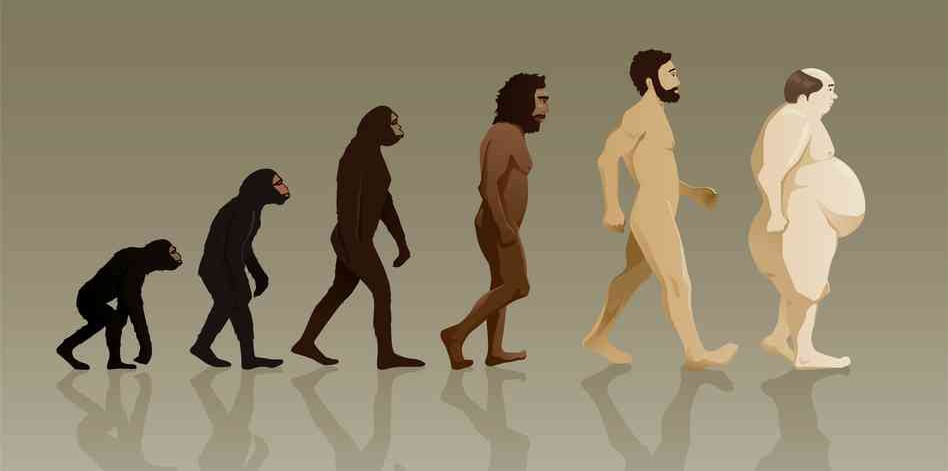Another cultural progress in early humans that have had a huge impact on the evolution of language is the development of writing systems (Dediu et al., 2013). Prior to the invention of writing systems, humans could only communicate verbally, and hence had to keep their utterances short, simple and easy to understand. However, with the ability to record language, humans could begin to form increasingly complex sentences, both in terms of lexicon, morphology and syntax (Dediu et al., 2013).
The development of writing systems itself has also been seen as an evolutionary leap in language. It is seen as a significant milestone in the transition of early humans from barbarism to civilisation. In the earliest records of human language writing systems, iconic symbols or logos were used to represent various notions. However, numerous modern languages utilise symbols that speakers have agreed upon to represent ideas independent of their pronunciation. Some examples include the alphabetic and syllabic writing systems. To put it in other words, there was a crucial progression from concrete to abstract representation that gave rise to the arbitrariness of human language in the contemporary world.
Today, the development of such cultural systems include the advancement in information technology. As an example, we can see how the invention and prevalence of social media creates a new dimension for language use and evolution. For instance, new words and phrases such as LOL, which means laugh out loud, are coined and incorporated into our everyday language.
